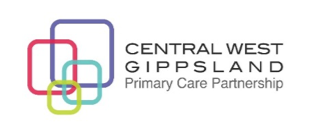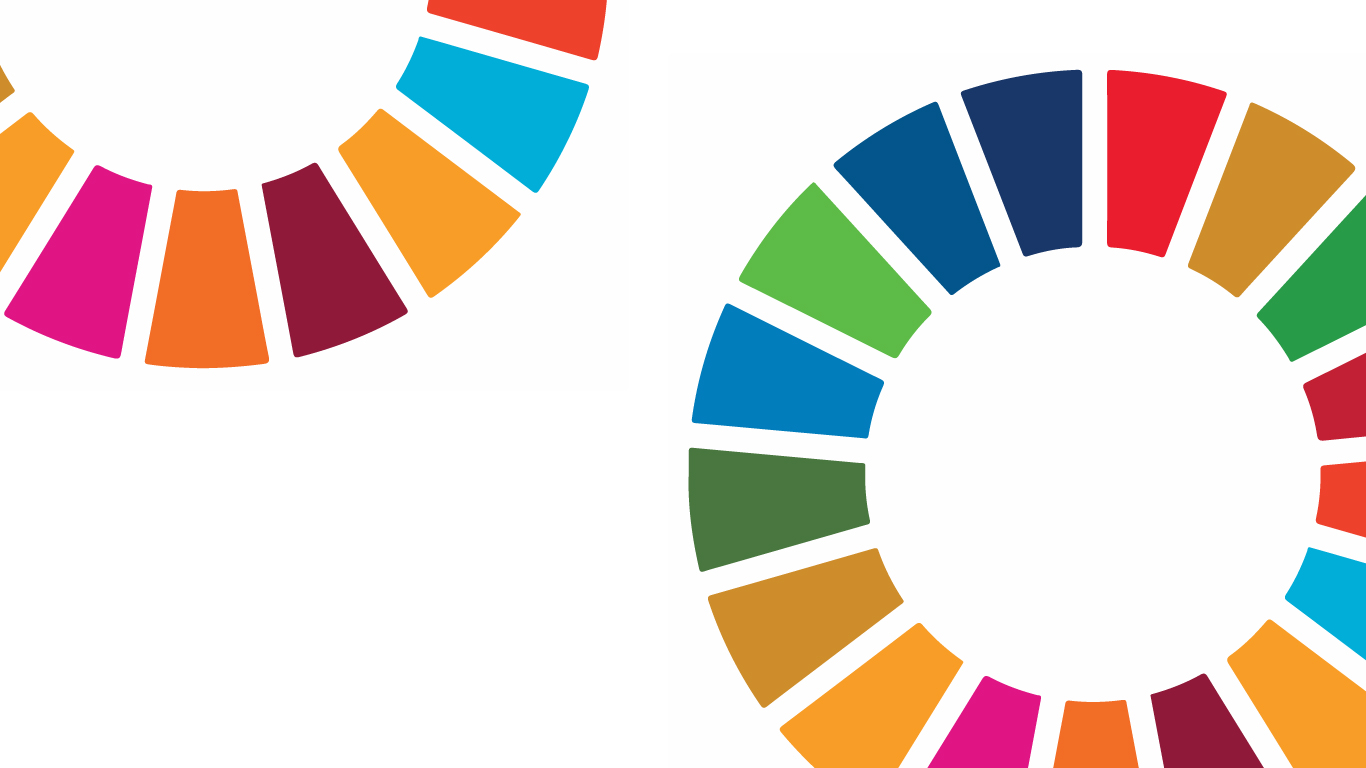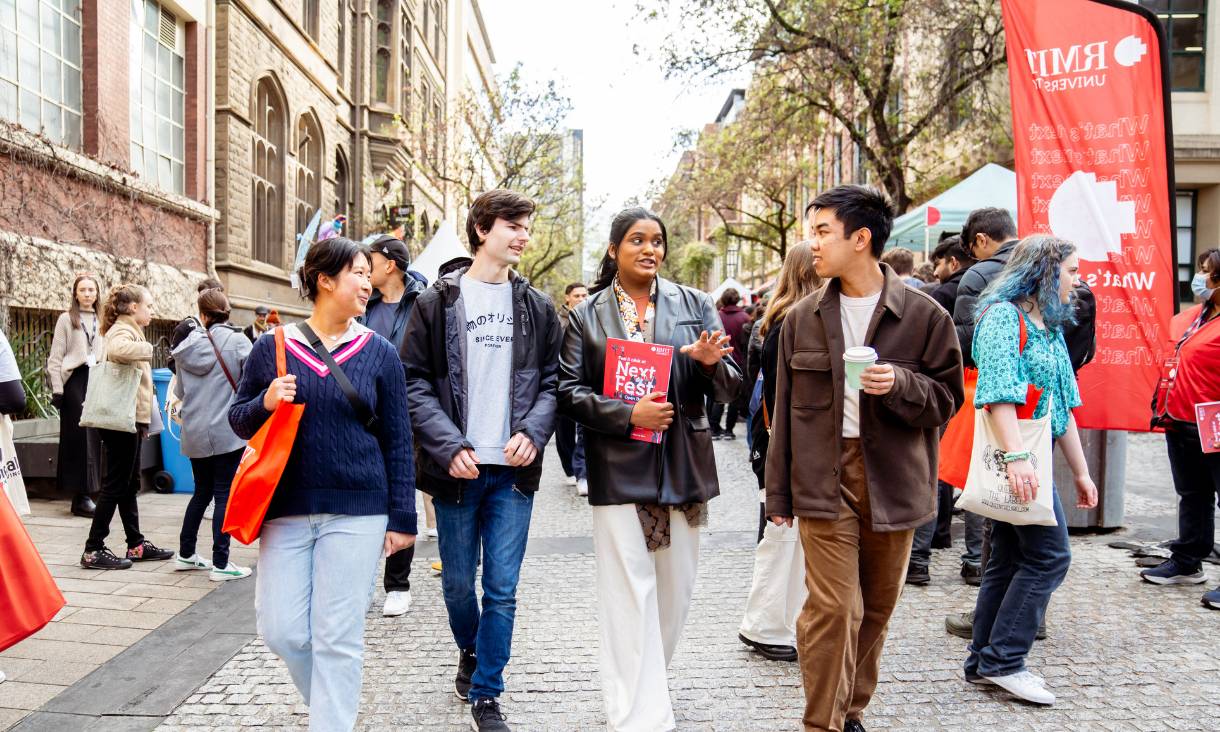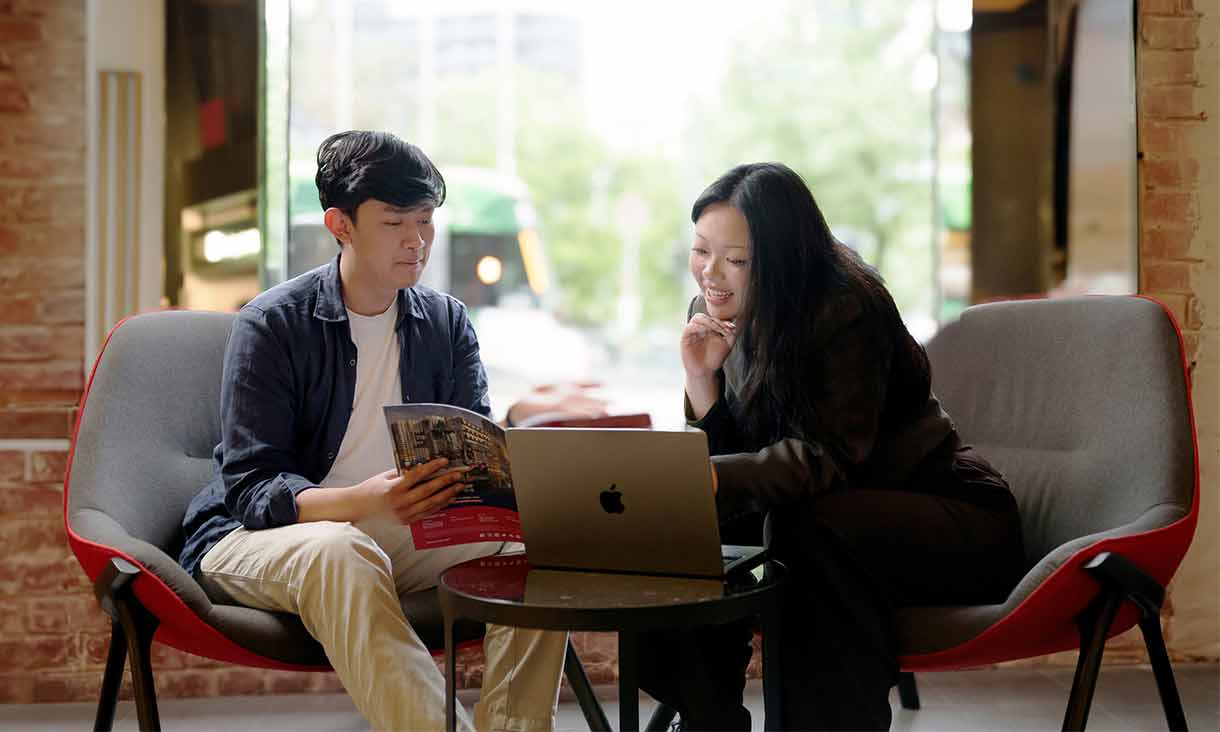Sustainable Development Goal 2, Zero Hunger, aims to ‘end hunger, achieve food security and improved nutrition and promote sustainable agriculture.’ Amid rising calls to address food security and mitigate the effects of climate change through radical change to global food and agricultural systems, this seminar will address SDG2 through the lens of both the local and the global. Panellists will address the question of food security at the local level, discussing how this connects to global agricultural production and the local and global threat posed by climate change.
Panellists
Associate Professor Lauren Rickards
Co-Leader, Climate Change and Resilience Research Program, Centre for Urban Research, RMIT University
Lauren’s research uses qualitative approaches to unpick the bio-politics and environmental justice implications of climate change, the Anthropocene and responses to them, including the rise of resilience thinking. Projects include analyses of the official and unofficial narratives about the Hazelwood coal mine fire, how scenario planning is perceived and used for climate change adaptation within government, rural communities’ experiences of the Millennium Drought and subsequent floods, challenges raised by the implementation of resilience agendas, and questions prompted by the Tasmanian bushfires about which life forms we value in the Anthropocene and why.
Lauren has also empirically investigated the philosophical, political and practical challenges of doing interdisciplinary research, particularly for qualitative researchers. She has an extensive range of collaborators within and beyond Australia and was a contributing author to the 2014 IPCC Working Group Two Report on Impacts, Adaptation and Vulnerability.
 Nikki Robinson, Prevention Coordinator
Nikki Robinson, Prevention Coordinator
Claire Tartaro, Food Security Officer – Latrobe
Central West Gippsland Primary Care Partnership
Nikki Robinson and Claire Tartaro’s roles at the Central West Gippsland Primary Care Partnership involve the coordination of the Baw Baw Food Security Coalition and the community-led food security coalition known as Food For All Latrobe Valley. Nikki and Claire both utilise co-design and collective impact principles in their roles to develop partnerships between the community, local organisations, producers, retailers and local government as they work towards sustainable food solutions across Gippsland.
Chair: Emma Shortis, Research Officer, EU Centre, RMIT University
Light refreshments will be served.
This is a free event.
Registration is essential. To RSVP, click here.
Accessibility Information
An accessibility/mobility access map is available to download here (please scroll to the end of the webpage). RMIT’s Building 1 can be accessed via the adjacent Building 21. Please do not hesitate to contact us if you would like further information.
About the Jean Monnet Sustainable Development Goals Network
The Jean Monnet SDG Network brings together researchers from the EU Centre at RMIT University, the National Centre for Research on Europe, the University of Canterbury (NZ), The University of Glasgow, the Centre for European Studies, Australian National University (ANU), and the European Union Centre in Singapore (NUS).
The Network formalises relationships amongst researchers, policy think tanks and Non-Government Organisations who share a primary interest in enhancing the effective contribution of the EU to the implementation of the Sustainable Development Goals (SDGs) in the Asia Pacific. By strengthening collaboration amongst researchers and policy makers, the Network promotes a more effective evidence-base for EU institutions to engage with nations in the region to implement the SDGs. Its core question is: how can European Union integration be more effective in supporting the implementation of the SDGs in Asia and the Pacific than would be possible for individual Member States? How can this role be developed further?
For more information, or to be added to our mailing list, contact emma.shortis@rmit.edu.au
For daily news and updates follow the EU Centre at RMIT on Twitter: @RMIT_EU_CENTRE
The Jean Monnet SDG Network is supported by the Erasmus+ Programme of the European Union.

 Nikki Robinson, Prevention Coordinator
Nikki Robinson, Prevention Coordinator



